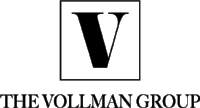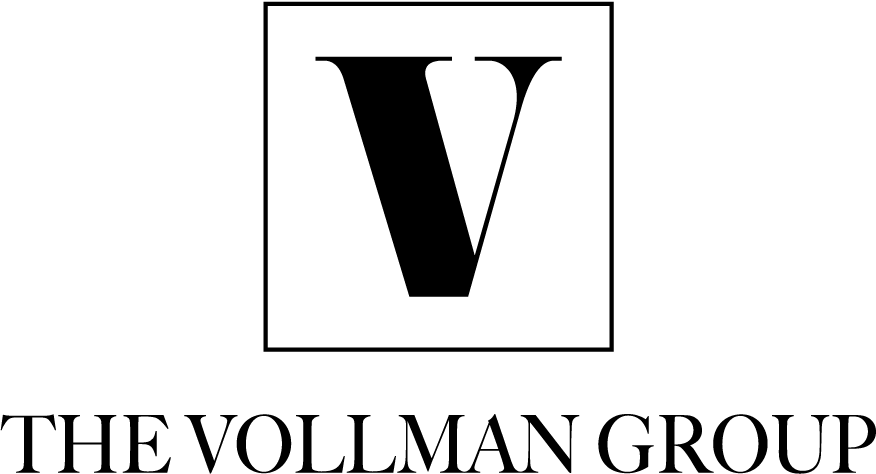In our new Founder Spotlight series we'll ask founders from around the world eight questions about starting a business and the challenges that come along with entrepreneurship.
Our first interview is with Karoli Hindriks, the founder of Jobbatical. I discovered Jobbatical in early 2015 while I spent my own two-week sabbatical planting seeds for The Vollman Group and taking meetings in London. I thought her idea was brilliant and immediately emailed her to tell her so. We eventually met in person in New York and I was so inspired by her story and enthusiasm. I've been following Jobbatical's success story ever since.
1. Tell us about Jobbatical. What were you doing prior to starting Jobbatical and what made you decide to start it?
Jobbatical is the leading startup focused on connecting the tech industry with ready-to-relocate talent around the world. With the tagline Hire the World, Jobbatical sits squarely at the intersection of the future of travel, work and talent mobility. While many other companies provide job matching, Jobbatical differentiates itself with immigration assistance, client branding, copywriting and other support services. I like how this Forbes article recently put it: “Jobbatical is interesting because it caters for the people who are globally confident and who identify as citizens of the world.”
I founded my first company actually at the age of sixteen, officially becoming the youngest inventor in Estonia. I also successfully led the launch of seven television channels in Northern Europe (including National Geographic Channels, MTV, and Fox Entertainment).
I got the inspiration for Jobbatical when I was in Silicon Valley in the Singularity University study programme. I started to ask myself: why are amazing companies emerging from here and not anywhere else in the world? The answer I realised was knowledgeable people who are drawn to this location. So I thought, what if we inspire knowledgeable people to discover their dream locations in the far-flung cities by moving there for a career journey? Instead of taking a 2-week holiday in a dream location, they could experience a true local life by spending a few years there working in a local team. I started to work on that idea in 2014 and we launched at the end of the year. Setting up the company technically was simple in Estonia - ten minutes online. But of course the first year was challenging since in that early stage you just have the idea and no understanding if that will actually work. I found my first angel investors in Finland, and then later on from Russia, UK, Estonia and Latvia.
2. What were the biggest initial hurdles you faced while building Jobbatical and how did you overcome them?
There are many challenges on the way, but I think the biggest is dealing with your own inner doubts and fears as an entrepreneur. In a way building a vision is a bit like rock climbing. The main thing is not to look down since you may get dizzy. Just move forward, solve a challenge at a time and just do not look down.
3. What has been your biggest success?
We are currently connecting talent from all countries in the world (besides North Korea and Chad Africa) to organisations across 49 countries. A month ago I heard a story from our Colombian engineer, who moved to Estonia to join our team. He hosted a couchsurfing marketer from Mexico in his Tallinn apartment, who was randomly visiting Tallinn for a day. It turned out that the Mexican had just returned from Malaysia, where he moved through Jobbatical. In Malaysia he had fallen in love, and now together with his partner, they both moved to Denmark, where he will continue his studies. Seeing how our team's work has changed the lives of people is the key achievement thus far.
4. What's the best advice you've ever received?
Good question. I have to think about it. Probably as an entrepreneur the toughest, but wisest is: hire slow, fire fast. It is not always easy to follow though.
5. How do you create a positive work environment to attract global talent and effectively manage a remote team?
I believe this is a question with many answers. There are some simple things that we have done - for example building a really inclusive environment. Each and every one of us comes with their own story, background and life. The person joining will learn something new, but in order to encourage the openness to learn we should all also listen to that person. One fun thing that has helped us to build this kind of environment is weekly “donut” meetings - a Slack integration that matches two random people for a coffee/lunch or just a chat where people are not allowed to discuss work. That has helped the team members to learn about each other across the organisation. But this certainly is not a question with an easy answer since we all have to constantly be working to improve. One book that helped me and our organisation to discover simple tricks how to build a positive and trusting environment was Arthur R. Ciancutti and Thomas L. Steding “Built on Trust: Gaining Competitive Advantage in Any Organization”.
6. What do you know today that you wish you would have known before starting your first company?
Saying ‘no’ to anything that does not help to get closer to your goals. I have learned to become the master of saying ‘no’ to anything that does not help my business. And I learned it the hard way - with my first business I became famous very fast, and suddenly I was constantly asked to speak at events, meet people who needed mentoring, give interviews to a range of media which were totally unrelated to my business. At one point I discovered I do not have time anymore to actually run the business that I was talking about. Being focused and saying ‘no’ has also meant in reality that I have not seen many of my friends since I founded Jobbatical. That is the sacrifice of keeping yourself focused.
7. What inspires you to keep going?
I guess that when at the age of sixteen I discovered that I have the power to change things then I became addicted to making a difference. We all have limited time in this world - why not use that time to actually make things happen? So that is my biggest driver.
8. What three books do you recommend every entrepreneur read?
- Richard Branson “Losing My Virginity”
- Simon Sinek "Start With Why"
- Carmine Gallo "The Storyteller's Secret"
- Arthur R. Ciancutti and Thomas L. Steding "Built on Trust: Gaining Competitive Advantage in Any Organization"


